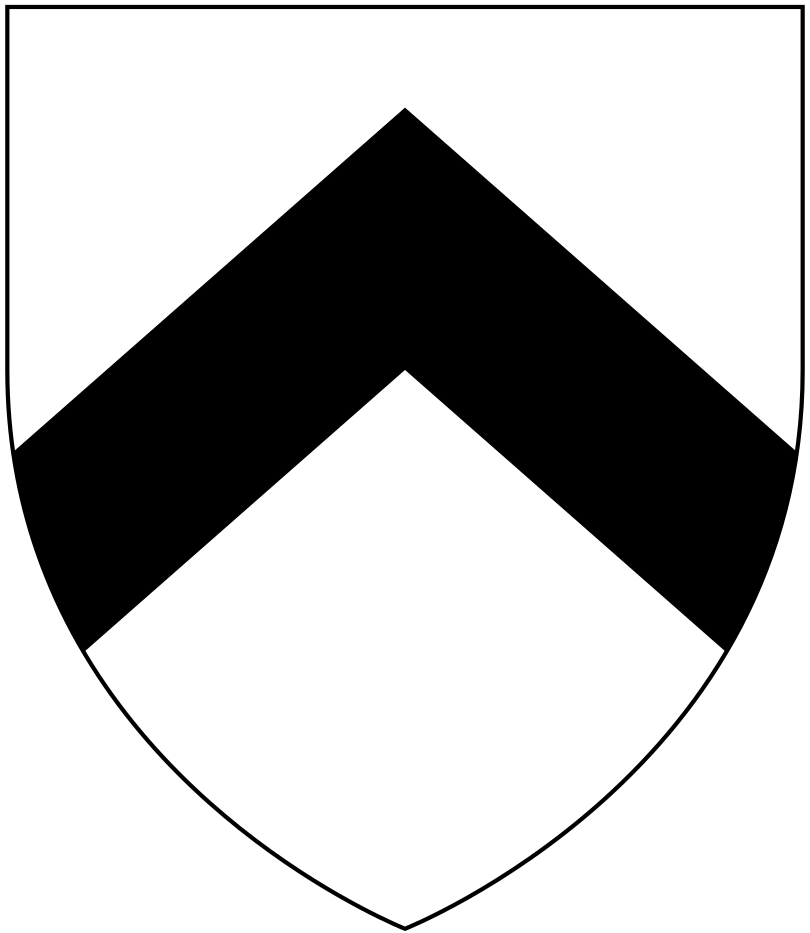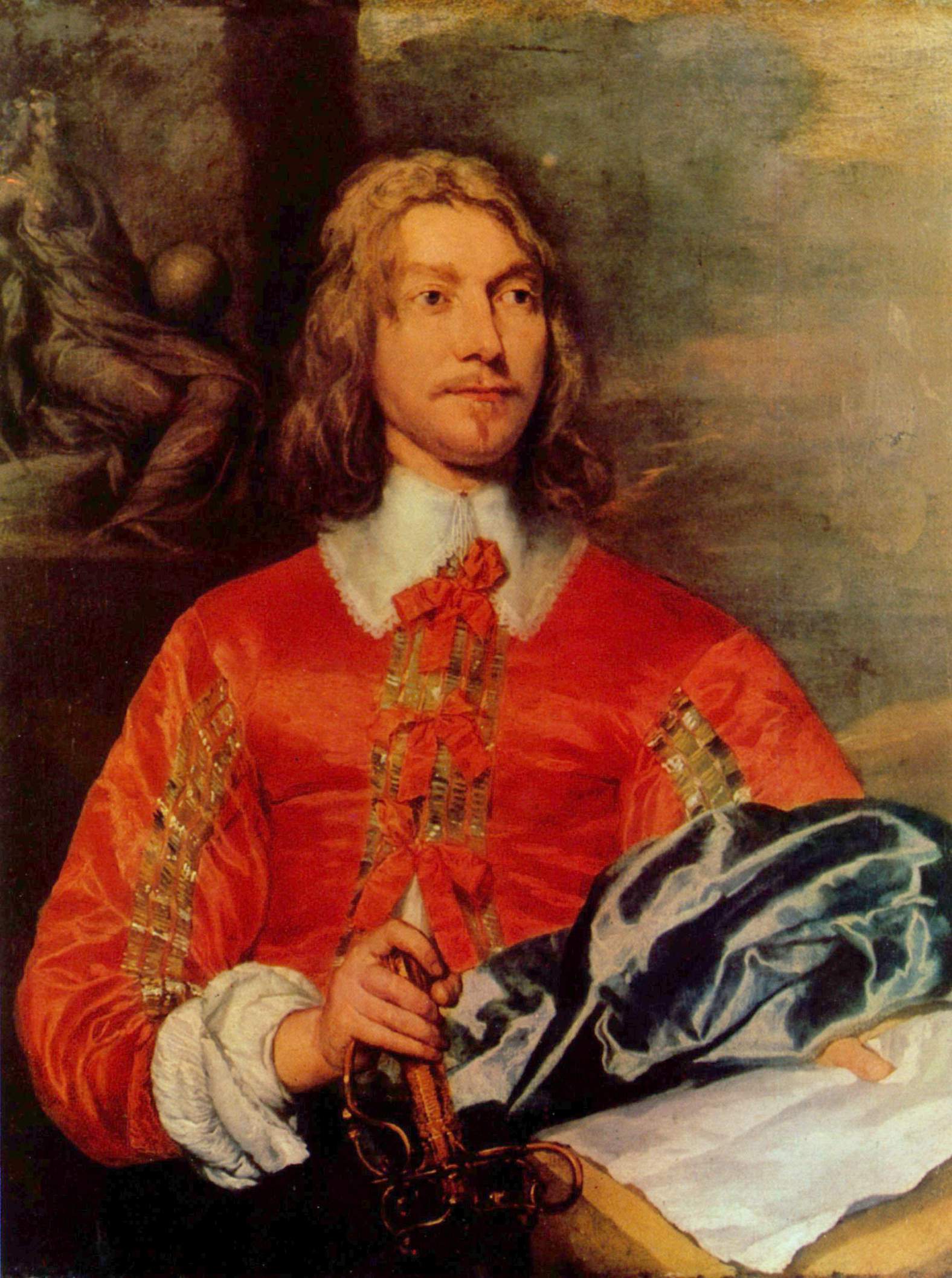|
Henry Trelawny
Brigadier-General Henry Trelawny (ca. 1658 – 8 January 1702) was a British Army officer of Cornish descent, a Member of Parliament and Vice-Admiral of Cornwall. Origins He was the seventh and youngest son of Sir Jonathan Trelawny, 2nd Baronet, of Trelawny in the parish of Pelynt in Cornwall, patron of the nearby pocket borough of East Looe in Cornwall, by his wife Mary Seymour (born 1619), 6th daughter of Sir Edward Seymour, 2nd Baronet (c. 1580–1659) of Berry Pomeroy in Devon, great-grandson of Edward Seymour, 1st Duke of Somerset, Lord Protector of England and eldest brother of Queen Jane Seymour (d.1537), the third wife of King Henry VIII. Career From 1678 to 1681 he was a lieutenant of foot in the Admiral's Regiment. He then obtained a captain's commission in the 2nd Tangier Regiment, commanded by his brother Charles. Made a freeman of the City of Portsmouth in 1683 and of the Borough of East Looe in 1685, he was returned to Parliament in the latter year for W ... [...More Info...] [...Related Items...] OR: [Wikipedia] [Google] [Baidu] |
Admiral's Regiment
The history of the Royal Marines began on 28 October 1664 with the formation of the Duke of York and Albany's Maritime Regiment of Foot soon becoming known as the Admiral's Regiment. During the War of the Spanish Succession the most historic achievement of the Marines was the capture of the mole during the assault on Gibraltar (sailors of the Royal Navy captured the Rock itself) in 1704. On 5 April 1755, His Majesty's Marine Forces, fifty Companies in three Divisions, headquartered at Portsmouth, Chatham and Plymouth, were formed by Order of Council under Admiralty control. The Royal Marine Artillery was formed as an establishment within the British Royal Marines in 1804 to man the artillery in bomb vessels. As their coats were the blue of the Royal Regiment of Artillery, this group was nicknamed the "Blue Marines" and the Infantry element, who wore the scarlet coats of the British infantry, became known as the "Red Marines". During the Napoleonic Wars the Royal Marines participat ... [...More Info...] [...Related Items...] OR: [Wikipedia] [Google] [Baidu] |
Glorious Revolution
The Glorious Revolution; gd, Rèabhlaid Ghlòrmhor; cy, Chwyldro Gogoneddus , also known as the ''Glorieuze Overtocht'' or ''Glorious Crossing'' in the Netherlands, is the sequence of events leading to the deposition of King James II and VII of England and Scotland in November 1688, and his replacement by his daughter Mary II and her husband and James's nephew William III of Orange, de facto ruler of the Dutch Republic. A term first used by John Hampden (1653–1696), John Hampden in late 1689, it has been notable in the years since for having been described as the last successful invasion of England as well as an internal coup, with differing interpretations from the Dutch and English perspectives respectively. Despite his personal Catholicism, a religion opposed by the Protestant majority in England and Scotland, James became king in February 1685 with widespread support in both countries, since many feared that his exclusion would lead to a repetition of the 16391651 Wa ... [...More Info...] [...Related Items...] OR: [Wikipedia] [Google] [Baidu] |
Bishop Of Winchester
The Bishop of Winchester is the diocesan bishop of the Diocese of Winchester in the Church of England. The bishop's seat (''cathedra'') is at Winchester Cathedral in Hampshire. The Bishop of Winchester has always held ''ex officio'' (except during the period of the Commonwealth until the Restoration of the Monarchy) the office of Prelate of the Most Noble Order of the Garter since its foundation in 1348, and Bishops of Winchester often held the positions of Lord Treasurer and Lord Chancellor ''ex officio''. During the Middle Ages, it was one of the wealthiest English sees, and its bishops have included a number of politically prominent Englishmen, notably the 9th century Saint Swithun and medieval magnates including William of Wykeham and Henry of Blois. The Bishop of Winchester is appointed by the Crown, and is one of five Church of England bishops who sit ''ex officio'' among the 26 Lords Spiritual in the House of Lords, regardless of their length of service. The Diocese o ... [...More Info...] [...Related Items...] OR: [Wikipedia] [Google] [Baidu] |
Bishop Of Exeter
The Bishop of Exeter is the ordinary of the Church of England Diocese of Exeter in the Province of Canterbury. Since 30 April 2014 the ordinary has been Robert Atwell.Diocese of Exeter – Election of new Bishop of Exeter formally confirmed (Accessed 9 May 2014) From the first until the sixteenth century the Bishops of Exeter were in full communion with the |
Bishop Of Bristol
A bishop is an ordained clergy member who is entrusted with a position of authority and oversight in a religious institution. In Christianity, bishops are normally responsible for the governance of dioceses. The role or office of bishop is called episcopacy. Organizationally, several Christian denominations utilize ecclesiastical structures that call for the position of bishops, while other denominations have dispensed with this office, seeing it as a symbol of power. Bishops have also exercised political authority. Traditionally, bishops claim apostolic succession, a direct historical lineage dating back to the original Twelve Apostles or Saint Paul. The bishops are by doctrine understood as those who possess the full priesthood given by Jesus Christ, and therefore may ordain other clergy, including other bishops. A person ordained as a deacon, priest (i.e. presbyter), and then bishop is understood to hold the fullness of the ministerial priesthood, given responsibility b ... [...More Info...] [...Related Items...] OR: [Wikipedia] [Google] [Baidu] |
Sir Jonathan Trelawny, 3rd Baronet
Sir Jonathan Trelawny, 3rd Baronet (24 March 1650 – 19 July 1721) was an English Bishop of Bristol, Bishop of Exeter and Bishop of Winchester. Trelawny is best known for his role in the events leading up to the Glorious Revolution which are sometimes believed to be referenced in the Cornish anthem "The Song of the Western Men". Life He was born at Trelawne in the parish of Pelynt, Cornwall, the eldest surviving son of Sir Jonathan Trelawny, 2nd Baronet and Mary Seymour, daughter of Sir Edward Seymour, 2nd Baronet. He was educated at Westminster School and then went to Christ Church, Oxford at the start of the Michaelmas term of 1668 where he distinguished himself as a scholar. A staunch royalist, he was ordained in 1673 and became a beneficed clergyman. He was appointed rector of South Hill on 4 October and of St. Ives on 12 December 1677, becoming Bishop of Bristol in 1685. He was one of the Seven Bishops tried for seditious libel under James II. Trelawny and the other b ... [...More Info...] [...Related Items...] OR: [Wikipedia] [Google] [Baidu] |
Tory (British Political Party)
A Tory () is a person who holds a political philosophy known as Toryism, based on a British version of traditionalism and conservatism, which upholds the supremacy of social order as it has evolved in the English culture throughout history. The Tory ethos has been summed up with the phrase "God, King, and Country". Tories are monarchists, were historically of a high church Anglican religious heritage, and opposed to the liberalism of the Whig faction. The philosophy originates from the Cavalier faction, a royalist group during the English Civil War. The Tories political faction that emerged in 1681 was a reaction to the Whig-controlled Parliaments that succeeded the Cavalier Parliament. As a political term, Tory was an insult derived from the Irish language, that later entered English politics during the Exclusion Crisis of 1678–1681. It also has exponents in other parts of the former British Empire, such as the Loyalists of British America, who opposed US secession duri ... [...More Info...] [...Related Items...] OR: [Wikipedia] [Google] [Baidu] |
West Looe (UK Parliament Constituency)
West Looe, often spelt Westlow or alternative Westlowe, in Cornwall, England, was a rotten borough represented in the House of Commons of England from 1535 to 1707, in the House of Commons of Great Britain from 1707 to 1800, and in the House of Commons of the United Kingdom from 1801 to 1832. It elected two Members of Parliament (MP) by the bloc vote system of election. It was disfranchised in the Reform Act 1832. History West Looe was one of a number of Cornish boroughs enfranchised in the Tudor period, and like almost all of them it was a rotten borough from the start, with the size and importance of the community that comprised it quite inadequate to justify its representation. The borough consisted of the town of West Looe in Cornwall, connected by bridge across the River Looe to East Looe, which was also a parliamentary borough. From the reign of Edward VI, West Looe and East Looe were jointly a borough, returning two members of Parliament; however, under Queen Elizabeth ... [...More Info...] [...Related Items...] OR: [Wikipedia] [Google] [Baidu] |
East Looe
East or Orient is one of the four cardinal directions or points of the compass. It is the opposite direction from west and is the direction from which the Sun rises on the Earth. Etymology As in other languages, the word is formed from the fact that east is the direction where the Sun rises: ''east'' comes from Middle English ''est'', from Old English ''ēast'', which itself comes from the Proto-Germanic *''aus-to-'' or *''austra-'' "east, toward the sunrise", from Proto-Indo-European *aus- "to shine," or "dawn", cognate with Old High German ''*ōstar'' "to the east", Latin ''aurora'' 'dawn', and Greek ''ēōs'' 'dawn, east'. Examples of the same formation in other languages include Latin oriens 'east, sunrise' from orior 'to rise, to originate', Greek ανατολή anatolé 'east' from ἀνατέλλω 'to rise' and Hebrew מִזְרָח mizraḥ 'east' from זָרַח zaraḥ 'to rise, to shine'. ''Ēostre'', a Germanic goddess of dawn, might have been a personification ... [...More Info...] [...Related Items...] OR: [Wikipedia] [Google] [Baidu] |
Portsmouth
Portsmouth ( ) is a port and city in the ceremonial county of Hampshire in southern England. The city of Portsmouth has been a unitary authority since 1 April 1997 and is administered by Portsmouth City Council. Portsmouth is the most densely populated city in the United Kingdom, with a population last recorded at 208,100. Portsmouth is located south-west of London and south-east of Southampton. Portsmouth is mostly located on Portsea Island; the only English city not on the mainland of Great Britain. Portsea Island has the third highest population in the British Isles after the islands of Great Britain and Ireland. Portsmouth also forms part of the regional South Hampshire conurbation, which includes the city of Southampton and the boroughs of Eastleigh, Fareham, Gosport, Havant and Waterlooville. Portsmouth is one of the world's best known ports, its history can be traced to Roman times and has been a significant Royal Navy dockyard and base for centuries. Portsm ... [...More Info...] [...Related Items...] OR: [Wikipedia] [Google] [Baidu] |
Freedom Of The City
The Freedom of the City (or Borough in some parts of the UK) is an honour bestowed by a municipality upon a valued member of the community, or upon a visiting celebrity or dignitary. Arising from the medieval practice of granting respected citizens freedom from serfdom, the tradition still lives on in countries such as the United States, United Kingdom, Ireland, Australia, Canada, South Africa and New Zealand—although today the title of "freeman" confers no special privileges. The Freedom of the City can also be granted by municipal authorities to military units which have earned the city's trust; in this context, it is sometimes called the Freedom of Entry. This allows them the freedom to parade through the city, and is an affirmation of the bond between the regiment and the citizenry. The honour was sometimes accompanied by a "freedom box", a small gold box inscribed to record the occasion; these are not usual today. In some countries, such as the United States, esteemed ... [...More Info...] [...Related Items...] OR: [Wikipedia] [Google] [Baidu] |







2009.jpg)
